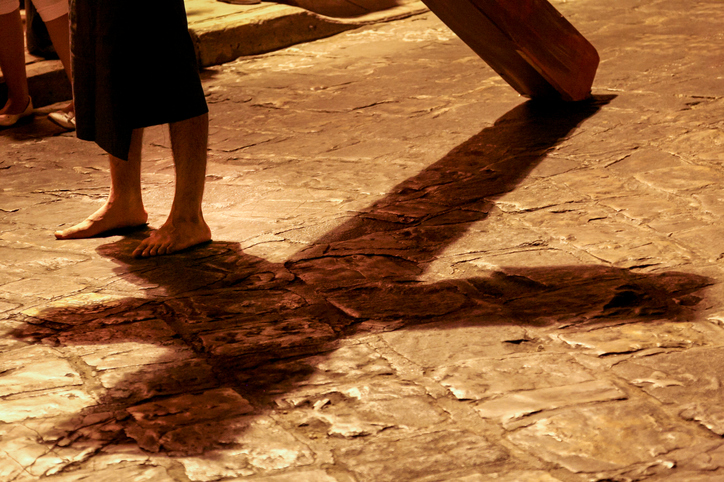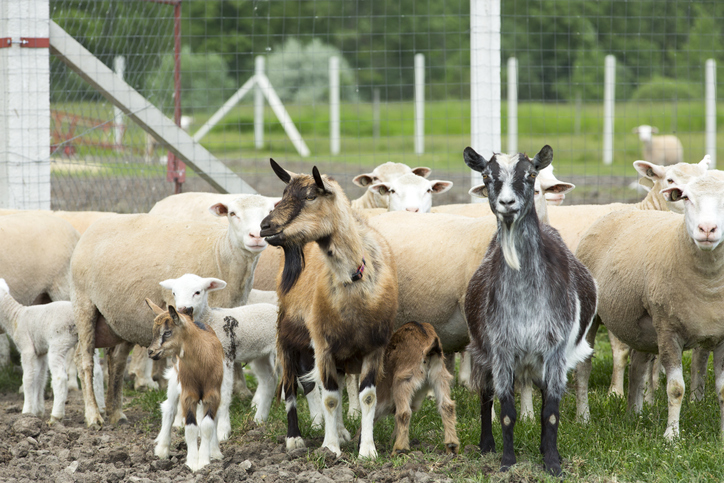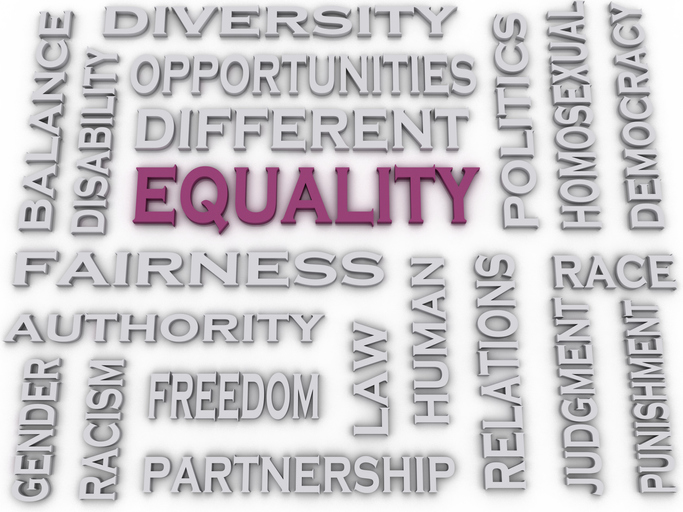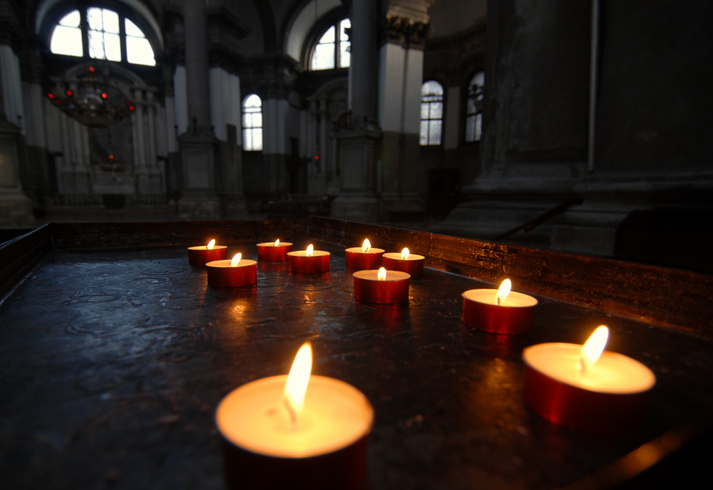I had no understanding of what it meant to fast or what Lent was really all about as a child. The crucifix and painting of Jesus were covered with purple cloth in my grandparents’ house and at church. We didn’t eat meat on Fridays. That was about it.
I do have many memories of eating fish sticks, tuna noodle casserole, grilled cheese & tomato soup or creamed peas on toast, on many Fridays during my youth. My favorite meals were when we had a dinner of pancakes or waffles. There were no parish fish frys available where we lived or in any of the communities to which we moved during my childhood.
Today, I understand more about the universal Church, Lent, sacrifice and penance. I really like how the Catholic Bishops of Ireland describe penance:
“Penance is an essential part of the lives of all Christ’s faithful. It arises from the Lord’s call to conversion and repentance. We do penance: in memory of the passion and death of the Lord, as a sharing in Christ’s suffering, as an expression of inner conversion, and as a form of reparation for sin.
Fridays hold a day of special intention during our Lenten journey. Some suggestions for penance to be done on Fridays include:
Abstaining from meat or some other food
Abstaining from alcoholic drink or smoking
Making a special effort at involvement in family prayer
Making a special effort to participate in Mass on Fridays
Visiting the Blessed Sacrament
Making the Stations of the Cross
Fasting from all food for a longer period than usual and perhaps giving what is saved to those in need
Helping the poor, sick, old, or lonely.”
Pope Francis reminds us in his Lenten message that prayer is very important during Lent, as it is an expression of our need to respond to God’s love which sustains us. Through our prayer, a dialog with God develops and our hearts are softened to help convert us to His will. Jesus’s passion, the Way of the Cross, is a way I can enter into sharing the journey with Christ who willingly accepted the Cross for my sinfulness and for yours.
The Stations of the Cross have been a great comfort to me during my own times of challenging life situations, through sickness, marital strife, job and financial insecurity, tragedy. Set aside some time to spend praying one of the Stations of the Cross listed below. May they lead you to a more open dialog with God as you continue on your Lenten journey.
Stations by Lebanese Young People led by Pope Francis at the Colosseum
Knights of Columbus Traditional & Modern Stations

Beth is part of the customer care team at Diocesan. She brings a unique depth of experience to the group due to her time spent in education, parish ministries, sales and the service industry over the last 25 yrs. She is a practicing spiritual director as well as a Secular Franciscan (OFS). Beth is quick to offer a laugh, a prayer or smile to all she comes in contact with. Reach her here bprice@diocesan.com.











